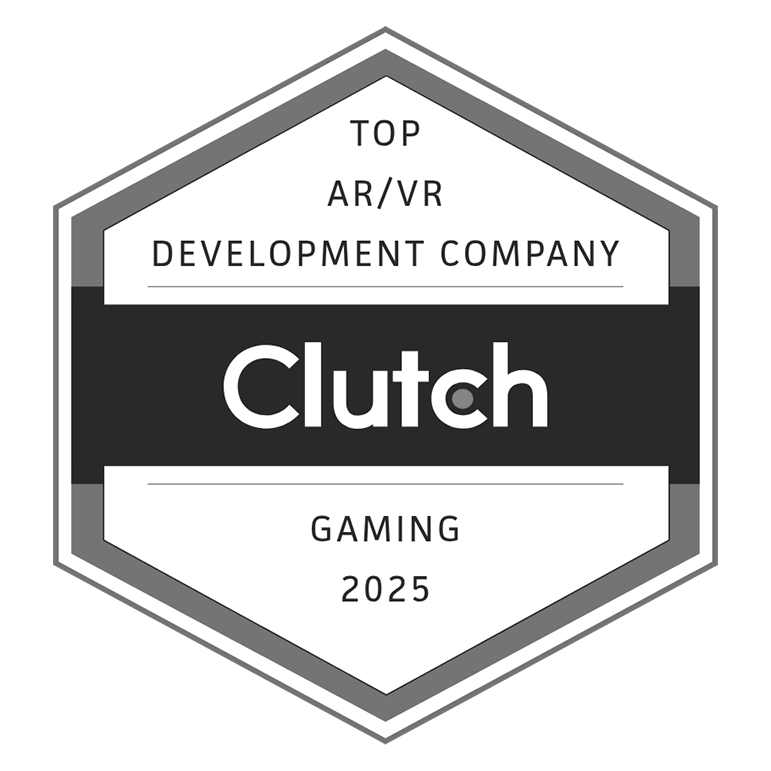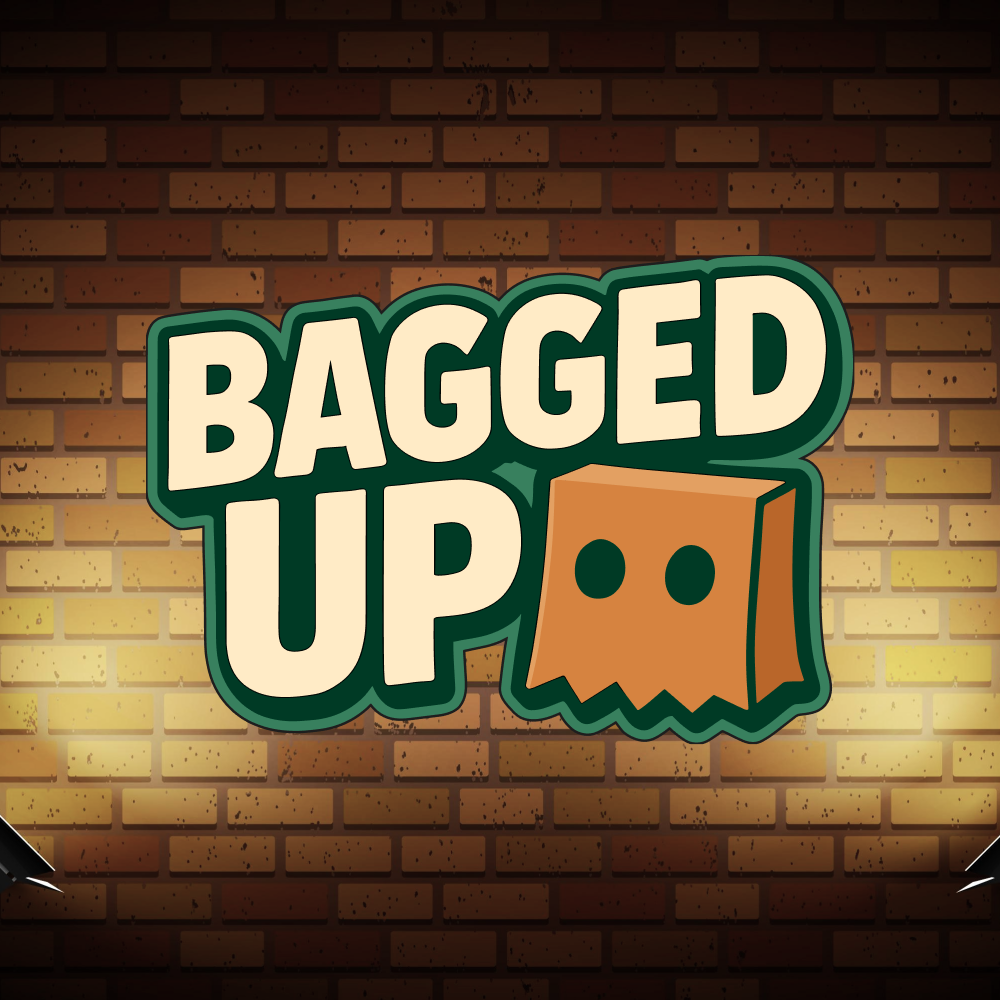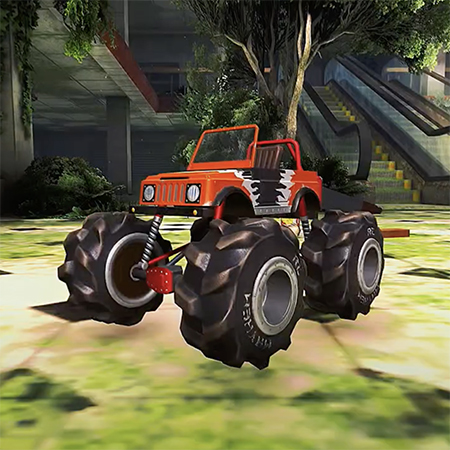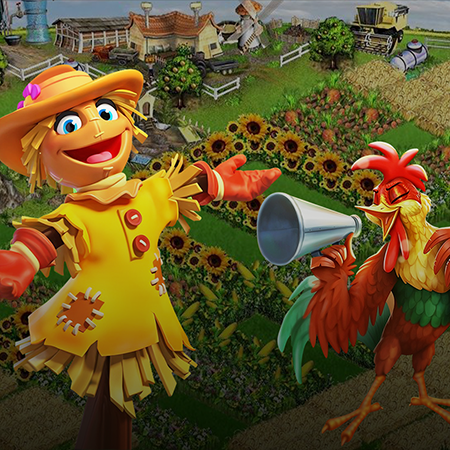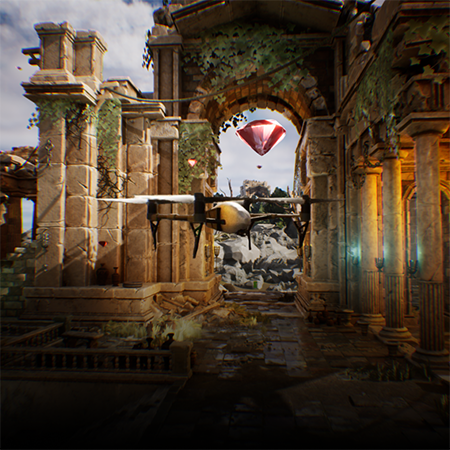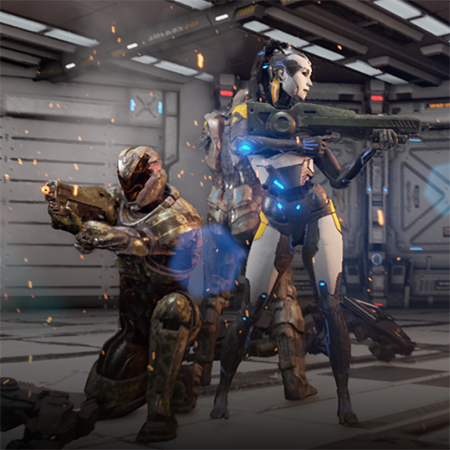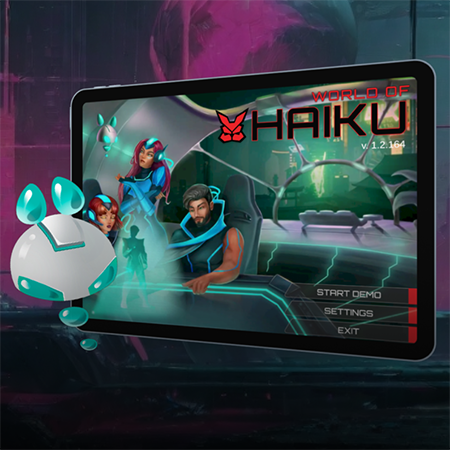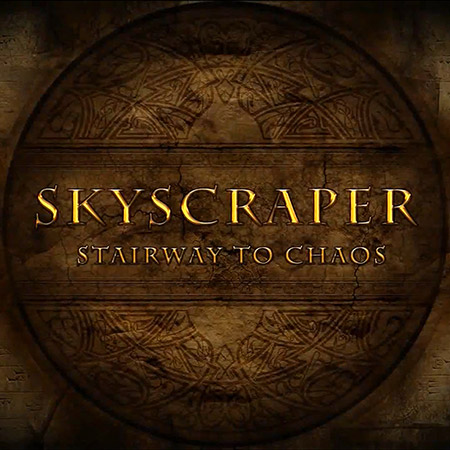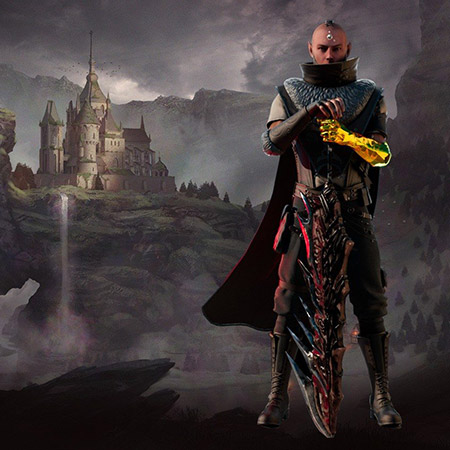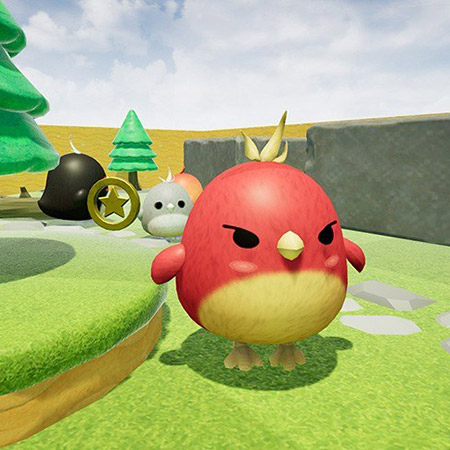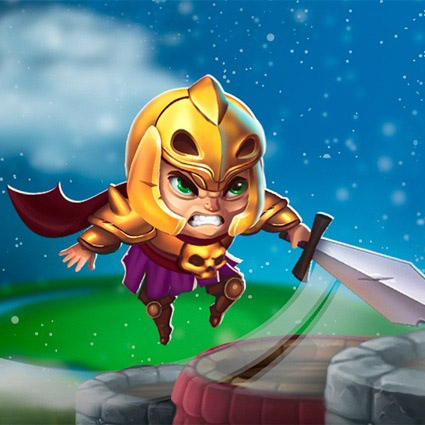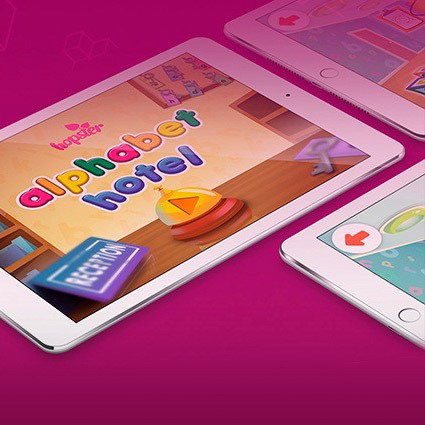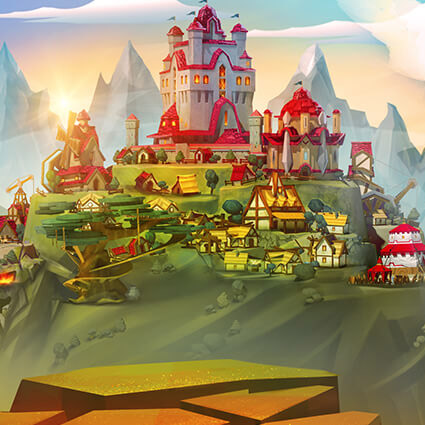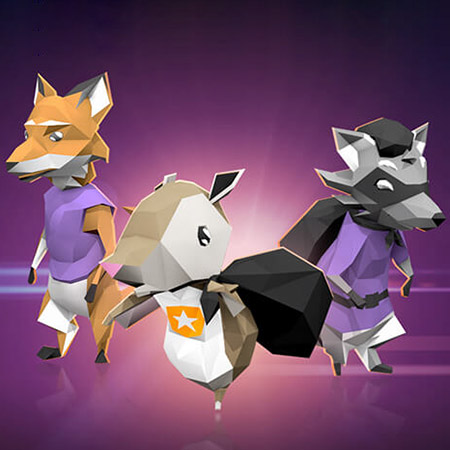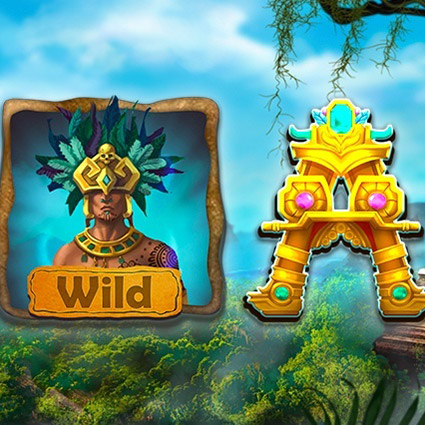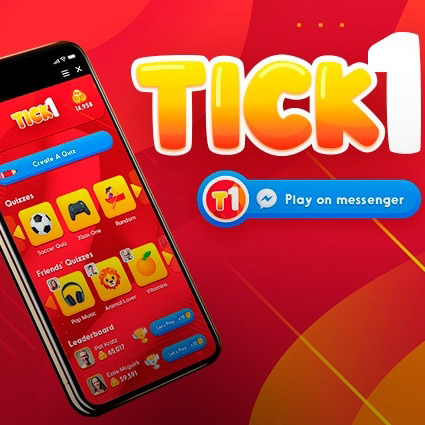The time required to build and release a puzzle game depends on the project's scope, features, and target platforms. A simple mobile puzzle with straightforward mechanics and a limited number of levels can be completed in three to four months. More advanced projects, which often include custom art, animations, multiple progression systems, and live operations support, can extend development to six to nine months.
Development usually begins with research and prototype creation. This stage may take two to four weeks, depending on the number of concepts being tested. Once a prototype shows strong retention metrics and player engagement, full production begins. During this phase, mechanics are finalized, levels are designed, and visual assets are created. Production alone often requires two to five months.
Quality assurance and optimization form the next step. Puzzle games must perform equally well on high-end and budget devices, so testing can span several weeks. Publishing preparation also adds time, especially if the game requires integration with monetization systems or publisher review.
A rough breakdown looks like this:
- Prototype creation. 2–4 weeks for initial builds and player testing.
- Full production. 2–5 months for mechanics, art, levels, and features.
- QA and optimization. 3–6 weeks for device stability and smooth performance.
- Launch preparation. 2–4 weeks for store submission and integration.
Studios seeking precise timelines benefit from a tailored evaluation. If you want to estimate a schedule for your own puzzle project, connect with us today.


















